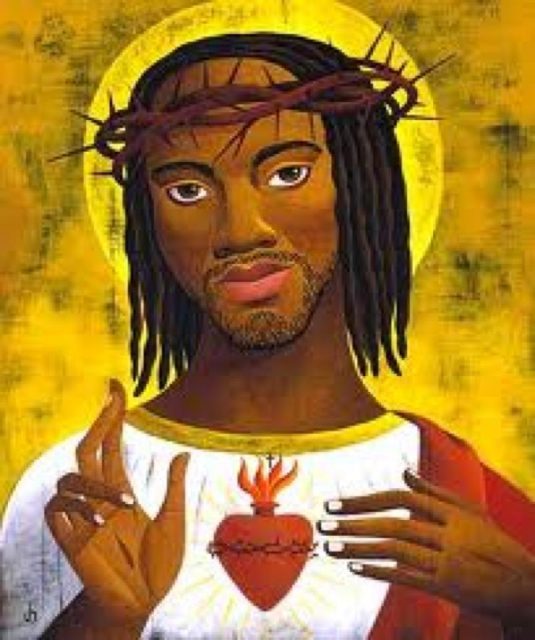The realignment of American politics and religion in response to the electoral victory of Donald Trump continues apace. At Religion Dispatches; there is an article on the disappointment of evangelical communities of color with their white co-religionists. Titled “You Fix This Mess: Post-Election, Evangelicals of Color Disappointed in White Evangelicals;” author Elizabeth Eisenstadt Evans looks at the persistent racial divide in American life; and especially among those who identify themselves as evangelical Christians.
“Pastors and lay leaders who represent minority and multiethnic communities and are appalled by the prospect of a Donald Trump presidency have a blunt message for the white evangelical majority that helped elect him: we’re disappointed in you, but not surprised.
For these evangelicals of color, Trump’s use of racially-charged language, his anti-immigrant rhetoric, negative remarks targeting Mexicans and Muslims, as well as the emergence of the “Access Hollywood” tape and his other divisive comments about women, were simply disqualifying.”
Some leaders are questioning whether or not they even should seek maintain an evangelical identity.
“Lisa Sharon Harper, author of The Very Good Gospel: How Everything Wrong Can Be Made Right and chief church engagement officer at Sojourners. “The white church demonstrated on November 8th that it is more white than Christian, and has a [greater] commitment to white supremacy than it does to Christ,” says Harper.
Referencing sociologists Christian Smith and Michael Emerson’s 2000 book Divided By Faith: Evangelical Religion and the Problem of Race in America, Harper described a white evangelical church that is structured in such a way as to keep others out. It creates an alternative life for its congregants, one based on church growth models that create “huge churches full of nothing but white people, an enclavish culture where you can literally live your whole life and everyone in your church is just like you. You end up creating a situation in which your world view is affirmed and confirmed by everyone again and again.”
Some are questioning the value of continued association with the white evangelical majority.
While there are pockets of “progressive” white evangelicals with whom African Americans have good working relationships, says National Black Evangelical Association President and pastor Walter A. McCray, most other white evangelicals trend conservative, or even further to the right, putting them “miles apart in some of their values and theological understanding. It’s a strain for many African-American evangelicals…what do African Americans gain in associating with white evangelicalism as it has been hijacked by the right?”
“In other words,” says McCray “those who identify as black or African-American evangelicals must bend over backwards to explain who they are.””
Others though, reject that strategy and are committed to give new meaning to the term “evangelical.”
“We are angry, we are grieving, we are organizing” says Kathy Khang, a Christian writer and speaker based in the Chicago area, who challenges white evangelicals to listen to the concerns of evangelicals of color with more care and sensitivity. And to those white evangelicals who opposed Trump and are now considering casting off the evangelical mantle as a mark of shame, she has a tart rejoinder. “Leaving a label is one thing, but changing an understanding of what is Christian or Christ-like is another. Why do I have to leave? Why don’t you stick around and fix this mess?”
Many also say they are finding themselves motivated by the stark backlash against the progressive gains of the recent past; speaking of a renewed Civil Rights Struggle.
“This has been a wakeup call to the progressive, moderate community that we have to stand up for what we believe in and communicate it in the public square,” concludes Rev. Joshua DuBois, who headed the Office of Faith Based and Neighborhood Partnerships during Obama’s first term.
And Lisa Sharon Harper tells me that “a new Civil Rights movement is happening, and its locus is in people of color.” She sees evidence of it already in the “movement for black lives,” the witness of the so-called “Dreamers” (undocumented immigrants who arrived here as children), and the rising call for solidarity with the poor that mirrors the words of Jesus in Matthew 25. “Every word of Scripture was written by oppressed people,” she says.”

